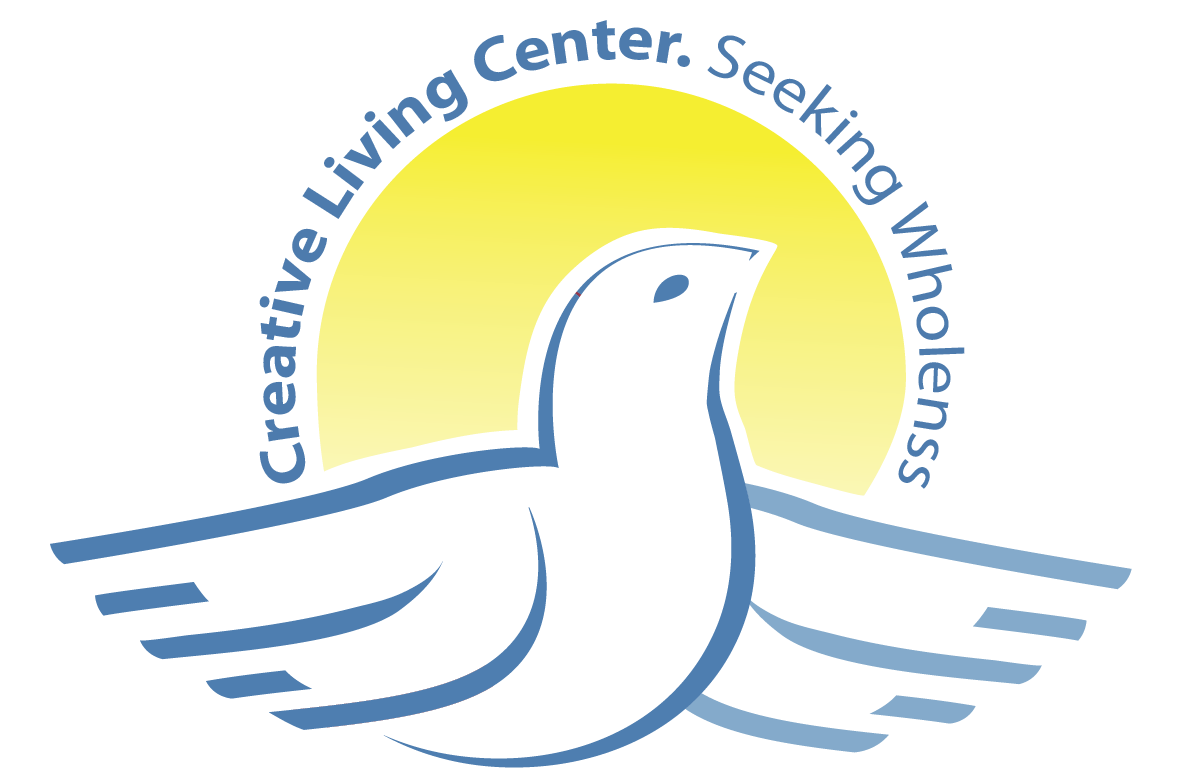What is Trauma-focused cognitive behavioral therapy?
An effective, research-based treatment, trauma-focused cognitive behavioral therapy (TF-CBT) helps clients aged from 10-100. This therapy treats trauma from sexual abuse, physical abuse, witnessing violence, and overwhelming incidents. TF-CBT is designed to create a domino effect that changes thoughts, feelings, and behaviors.
How do I know if I or someone I know has experienced trauma?
- disclosure
- repeated
- upsetting memories of a traumatic event
- acting out the traumatic event
- upsetting sights, sounds, and smells that trigger the traumatic memory
- easily startled
- frequent nightmares
- trouble sleeping
- behaviors such as explosiveness and hypersensitivity
How does TF-CBT work?
Therapy, occurring in the office, typically completes in 12-16 one hour sessions (often fewer for a younger client). Depending on circumstances, the therapist meets with either the client or the client with caregivers. The therapist does an assessment to determine the severity of the trauma(s). Results are shared with the caregivers.
Steps for therapy include:
- Assessment
- Psychoeducation/parenting
- Relaxation training
- Amplifying safety
- Cognitive coping
- Trauma narrative
- In vino (a place where triggers may come from)
- Conjoint parent and client sessions
- Effective identification
These steps make A. P.R.A.C.T.I.C.E.!
What are the benefits?
Both the client and their caregiver learn how to recognize problems resulting from trauma, relaxation skills, coping methods for difficult memories, as well as skills for managing troubling thoughts, feelings, and behaviors.
What can I expect from TF-CBT?
- Help in overcoming distress related to trauma for both the client and their caregiver
- Reduction in the client's problem symptoms and/or behaviors
- Increased skill and ability of the client and caregivers to cope with the trauma
Who to Contact
For more information, go to our Staff page or arrange a TF-CBT appointment with Dr. Marty Wallace with a call to our offices at 712-476-5245.
Resources
NCTSN – National Child Traumatic Stress Network
SAMHSA – Substance Abuse and Mental Health Services Administration
TF-CBT
Project BEST-MUSC
How Trauma Affects Learning

